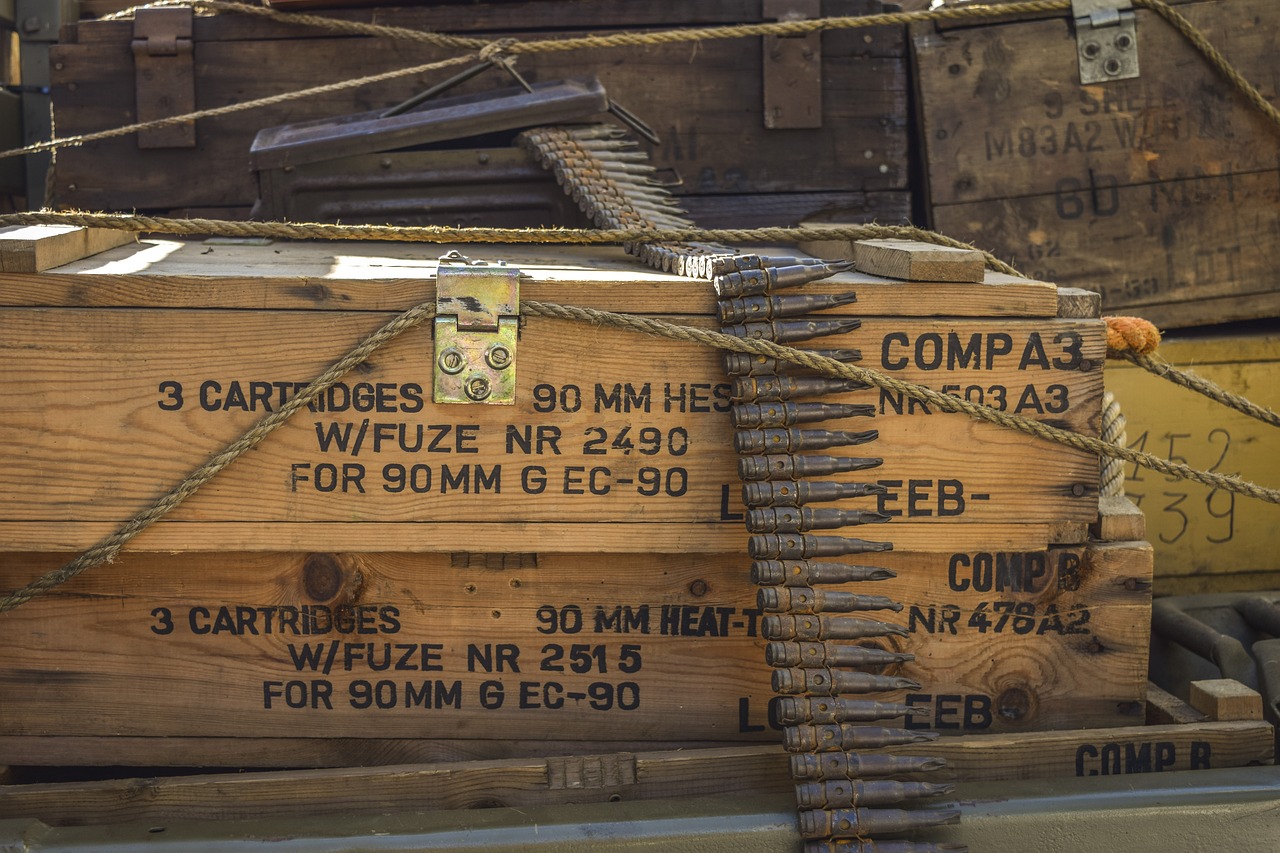
Latvian President Edgars Rinkēvičs has suggested that the European Union should delay the sale of ammunition to third countries to provide it to Ukraine.
Rinkēvičs believes that third countries still buy ammunition from European factories and postpone their purchases to avoid an active military situation. This would require collaboration between European institutions and certain national states. Rinkēvičs previously suggested that the EU should start purchasing ammunition for Ukraine from third countries as EU countries are unable to deliver the promised one million shells by spring 2023.
The EU Council supported an initiative to transfer one million artillery shells to Ukraine by the end of 2023, and on September 5, the European Defense Agency signed the first contracts for joint procurement. However, High Representative of the European Union for Foreign Affairs and Security Policy, Josep Borrell, said that EU countries might not meet the deadline to supply one million artillery shells to Ukraine by the end of 2023.
Ukraine is in the need of large quantities of ammunition as it is engaged in a protracted peer-on-peer war. In result, the country is facing multifaceted challenges that demand meticulous strategic planning. Ammunition, the lifeblood of armed forces, plays an indispensable role in shaping the outcome of prolonged conflicts.
The adage „ammunition is the sinew of war” encapsulates the pivotal role that munitions play in sustaining military operations. Ammunition encompasses a diverse array of munitions, including bullets, shells, rockets, and missiles, each tailored to specific military objectives. Without a robust ammunition reserve, a nation risks being hampered in its ability to project power.
Prolonged wars are also characterized by challenging logistics and supply chain issues. A country’s ability to efficiently move and distribute ammunition to frontline units becomes a critical determinant of success. An extensive ammunition stockpile mitigates these challenges by providing a buffer against disruptions in the supply chain. It allows military planners the flexibility to adapt to unforeseen circumstances, ensuring that units are adequately equipped to meet evolving battlefield requirements. The logistical resilience afforded by a large ammunition reserve enhances a nation’s strategic agility and adaptability in the face of a prolonged conflict.
Europe has promised to deliver more than 1 million artillery shells to Ukraine before early 2024 but is far from being on track to deliver on that promise. President Rinkēvičs’ proposal can hopefully move the debate in the right direction and make European partners aware of the acute situation that Ukraine is facing.






